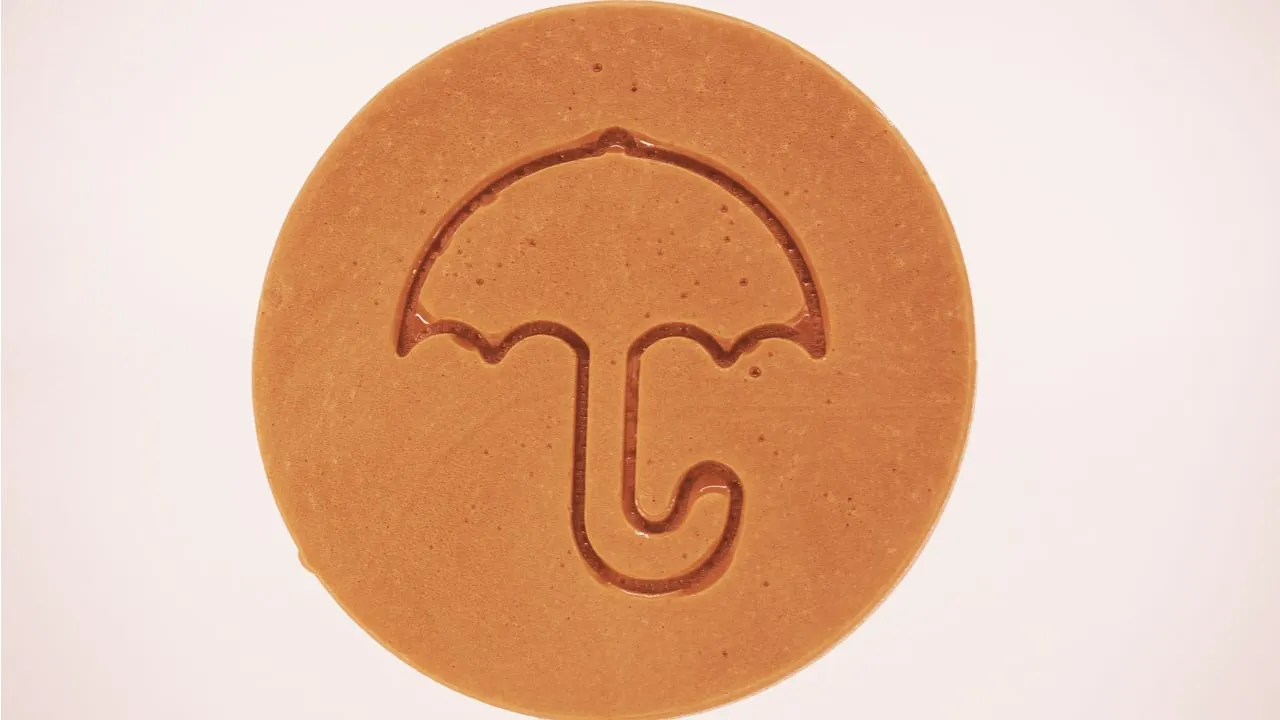Editor's note: This article contains spoilers about the show "Squid Game."
Maybe it wasn't the diabetes that killed Seong Gi-hun's mother. She probably just died of shock after losing her life savings in the Squid Game token.
SQUID, the token project no doubt invented by that white guy in an antler mask, was not all what it seemed. Okay, actually, it was totally what it seemed: a scam.
After debuting last week on PancakeSwap and DODO, the Binance Smart Chain token based on the hit Netflix show "Squid Game" reached an all-time high of $2,856 before its website, social media accounts, and money abruptly disappeared this morning. An address traded in the SQUID tokens for BNB tokens worth over $2 million. (We'll leave it to you to calculate how many billion Korean won that is.)
Everyone who bought Squid Game token rn pic.twitter.com/s2MNPeHTsv
— Shav (@ThatGuyShav) November 1, 2021
The official Telegram channel, which allows only for one-way communication wrote: "Squid Game Dev does not want to continue running the project as we are depressed from the scammers and is overwhelmed with stress. We have to remove all the restrictions and the transaction rules of Squid Game." It added: "Sorry again for any inconvenience been made for you."
Also, sic.
SQUID launched using an ostensibly play-to-earn model, in which people can earn more crypto by taking part in video games; participants would have to pay an entry fee—in SQUID—to get mowed down in the first round, "Red Light, Green Light," with the games getting increasingly more expensive.
The rug pull just proves one of the show's central theses applies to crypto investing as well: You can watch a bunch of people get wiped out, be warned that it will likely happen to you, and still show up for another ride from Seoul in that unmarked black van. Some people are desperate enough to try to get rich from shady investment strategies.
The risks were on display and obvious in retrospect—though perhaps forgivable in a space in which anyone can (and does) create the next big cryptocurrency. The site and white paper were riddled with grammatical and spelling errors—an often intentional tactic by scammers to pull in people who are less suspicious. It also used bogus endorsements from Elon Musk. But most glaringly, you could buy the tokens but couldn't sell them. (Maybe those within the Binance ecosystem are just used to not being able to withdraw their money?)
Alas, there will be no games, which means you, dear reader, can go on living in an uncaring fiat money world. But if you get truly desperate, like Cho Sang-woo after a steak dinner, you can always go hunting around for another get-rich-quick scheme.

